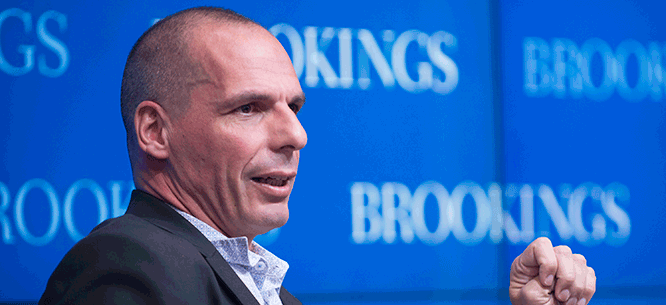
Our seminar will be considering Rev. Barber and the Poor People's Campaign- either this Friday or next, Dec. &.
Looking back since our official launch last December, it’s clear just how much we’ve accomplished in a year. We pulled off the most expansive wave of civil disobedience in recent history to draw attention to our country’s distorted moral narrative and called international attention to voter suppression, systemic racism, militarism, ecological devastation, and poverty in the USA.
We are proud of what we’ve done together, but we are not content.
Voter suppression across the country, from Georgia to North Dakota, carefully targeted gerrymandering, reckless voter purges, and voter ID laws targeting Brown and Black people (one of which, in Texas, was passed within hours of the evisceration of the Voting Rights Act) all swung elections and exposed the racism corroding our democracy. Just yesterday Mississippians were asked to vote for a woman who jokes about hangings while she defends policies that are strangling white, Black and Brown people who are poor. It should never have gotten this far.
We can’t afford to wait for 2020. This, right now, is our time to build the movement we’re going to need to restore and expand voting rights-- the only moral answer to the abuse of power we saw on election day.
As long as our vote is suppressed, nothing will change. The rights of LGBTQ folks will never be fully realized, families will still be separated at the border, and health care will never be universal.We’re delivering our full demands to Congress next Wednesday December 5 in Washington, D.C. so we can finally enact a moral agenda. We will also formally announce the 2019 Poor People’s Congress, which will bring us back to D.C. in June.
Rev. WillIam Barber



